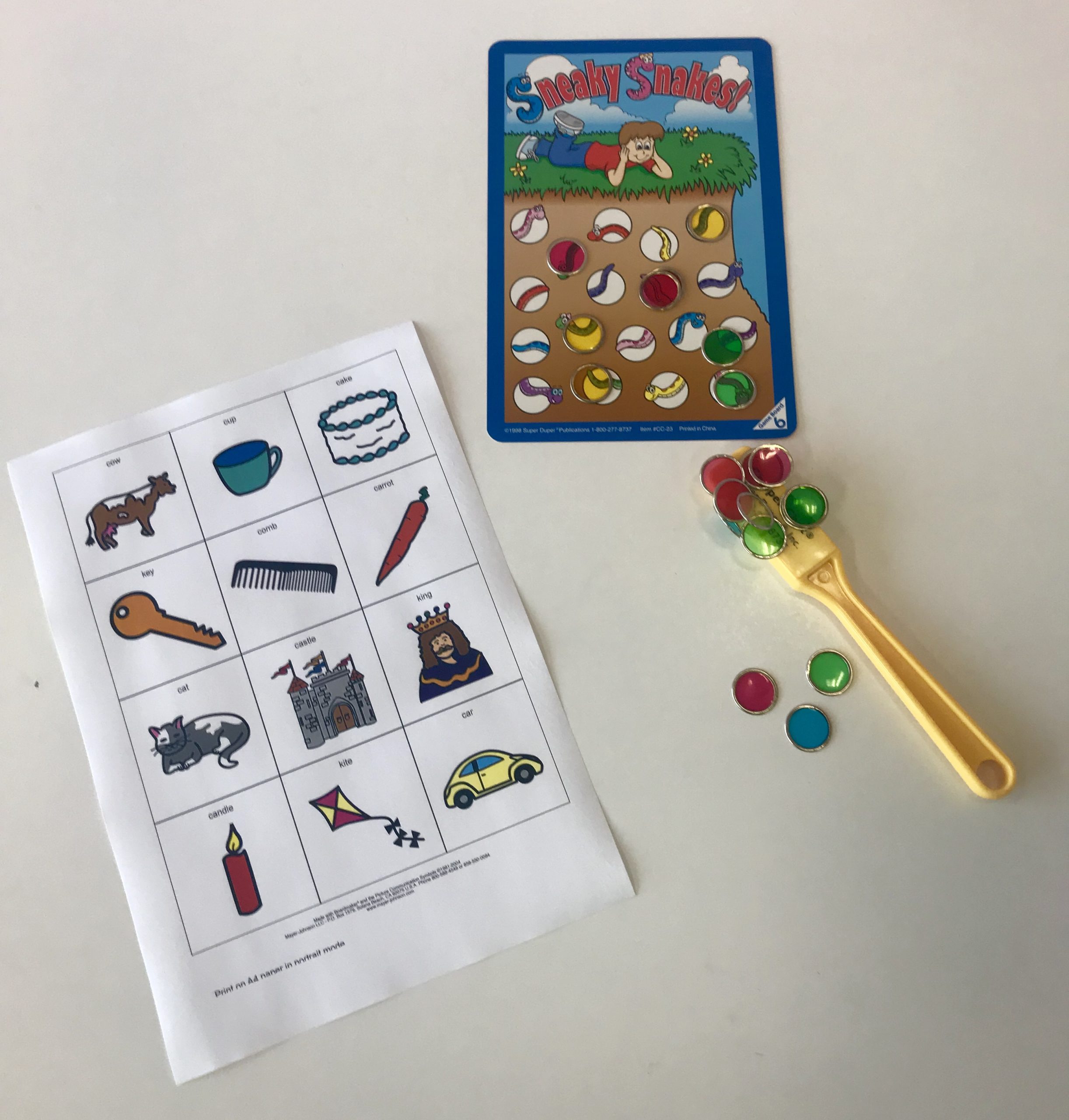
Speech Pathology for Lisps in Children: How Our Bondi Junction and Mascot Clinics Can Help
Parents often contact our Bondi Junction and Mascot clinics looking for Speech Pathology assessments for lisps in children. A lisp usually occurs when children have trouble producing specific sounds, particularly ‘s’ and ‘z’. In some cases, other sounds like ‘sh’, ‘ch’, and ‘zh’ are also affected. If you’re concerned about your child’s lisp, here’s what you need to know.
Types of Lisps
There are different types of lisps that children can experience:
- Interdental Lisp:
This happens when a child produces ‘s’ and ‘z’ sounds with their tongue protruding between their teeth, making ‘s’ and ‘z’ sound more like ‘th’. For example, “sum” may sound like “thumb”, and “sink” like “think.” - Dental Lisp:
Occurs when the tongue pushes up against the front teeth when trying to make the ‘s’ and ‘z’ sounds. - Lateral Lisp:
Often referred to as the “slushy lisp”, this type occurs when air escapes from the sides of the tongue during speech, affecting the clarity of ‘s’ and ‘z’ sounds. - Palatal Lisp:
This type occurs when the middle of the tongue touches the roof of the mouth while trying to produce ‘s’ or ‘z’ sounds.
What Causes a Lisp?
While the exact cause of a lisp isn’t always clear, some factors can contribute to its persistence. Our Speech Pathologists in Bondi Junction and Mascot advise that certain habits and conditions might exacerbate a lisp, including:
- Thumb or finger sucking
- Extended use of bottles or sippy cups
- Regular use of food pouches
- Diets consisting mostly of soft foods like yoghurt, rice, pasta, and soft bread
Does Your Child Need Speech Therapy for Their Lisp?
Lisps are quite common in younger children, but they typically disappear on their own by around age 4. If your child is under 4 years old, we often recommend waiting before beginning therapy as their speech may still develop naturally. However, if the lisp persists beyond this age, it may be time to consider a Speech Pathology assessment.
At OneOnOne Children’s Therapy, our Speech Pathologists assess whether there are any underlying causes, such as tongue-tie or enlarged tonsils and adenoids, contributing to the lisp. In cases of lateral lisps, which are not typically part of normal speech development, early intervention with Speech Pathology is often recommended.
How to Support Your Child at Home
There are several ways parents can support their child in reducing or managing a lisp before starting therapy:
- Stop using dummies and sippy cups as they can reinforce improper oral movements.
- Opt for straw cups or open cups instead.
- If your child frequently sucks their thumb or fingers, speak with a dentist for advice on how to manage this habit.
- Limit the use of food pouches. If used, squeeze the food onto a spoon first.
- Introduce more chewy and crunchy foods like meats, raw carrots, celery, and apples to encourage complex oral movements.
By incorporating these changes, your child’s mouth may start developing more complex motor patterns, which can improve their speech clarity.
How Our Clinics Can Help
At OneOnOne Children’s Therapy in Bondi Junction and Mascot, we provide comprehensive Speech Pathology services that aim to help children overcome lisps and other speech challenges. Our Speech Pathologists are experts in paediatric speech and language therapy and use evidence-based approaches to support each child’s unique needs. We are members of Speech Pathology Australia.
Reach Out for Support
If you’re worried about your child’s lisp or want to learn more about how Speech Pathology can help, OneOnOne Children’s Therapy is here to assist. Call our Bondi Junction and Mascot clinics on (02) 80657837 or email us. You can also book a free 30-minute phone consultation to discuss how we can support your child’s journey toward clearer speech.
About Us
We are a team of Speech Pathologists, Occupational Therapists, Certified ESDM Therapists, and Psychologists, dedicated to providing exceptional therapy for children across Bondi Junction and Mascot, Sydney’s Eastern suburbs. Our clinics offer a nurturing environment where children with autism, developmental delays, disabilities, and learning difficulties receive the best possible care and support tailored to their needs.
